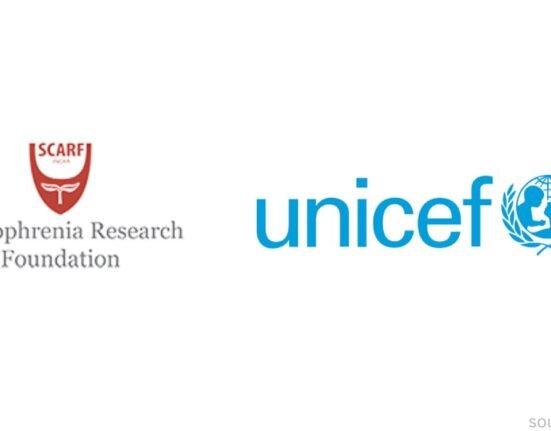In 2017, one in every seven Indians suffered from a mental condition of different severity. Since 1990, the proportionate contribution of mental diseases to the total disease burden in India has nearly doubled. There are significant differences across states in the burden of various mental diseases and their patterns over time. These state-specific trends for each mental disease described here should drive suitable policies and healthcare system responses to manage the burden of mental disorders in India more effectively. However, mental problems have now evolved into physical ailments.
According to the Indiana University School of Medicine in the United States, depression and bipolar illness may be identified with a simple blood test. Scientists in the United States have developed a blood test that may detect depression and bipolar illness in people. Just as a simple blood test may aid in the detection of numerous diseases and infections such as diabetes, thyroid disease, and high cholesterol, this new test can aid in the detection of depression and bipolar disorder. The blood test developed by Indiana University scientists can identify and distinguish between these two diseases. The test was developed after 15 years of research and is now recognized in the United States.
The distinction between depression and bipolar disorder is that with depression, the mind is always unsettled. Among the symptoms of depression and bipolar disorder are: Exhaustion, a lack of vitality in the body, and even suicidal thoughts begin to sneak in. Whereas with bipolar disorder, the patient has an overabundance of energy, lacks sleep, and believes they can perform any job in the world, they talk excessively and act erratically.
The blood test can determine whether a person has depression or bipolar illness by looking at their biological indicators. For example, when a doctor checks your blood pressure, pulse, ECG, or asks you to do a blood test, they are checking your biological indicators. For each condition, distinct biological markers are tested, and if these indicators are above or below normal, the doctor can tell you which disease you have.
Similarly, scientists have revealed that when a person suffers from depression, their body’s RNA, DNA, proteins, and hormones are changed, which may be recognized using 12 distinct biological markers. Once the alterations in these indicators are identified, the patient can be given specific medications and treatment.
As a result, what was previously thought to be a difficult-to-diagnose psychological ailment may now be treated like any other physical condition.












Leave feedback about this